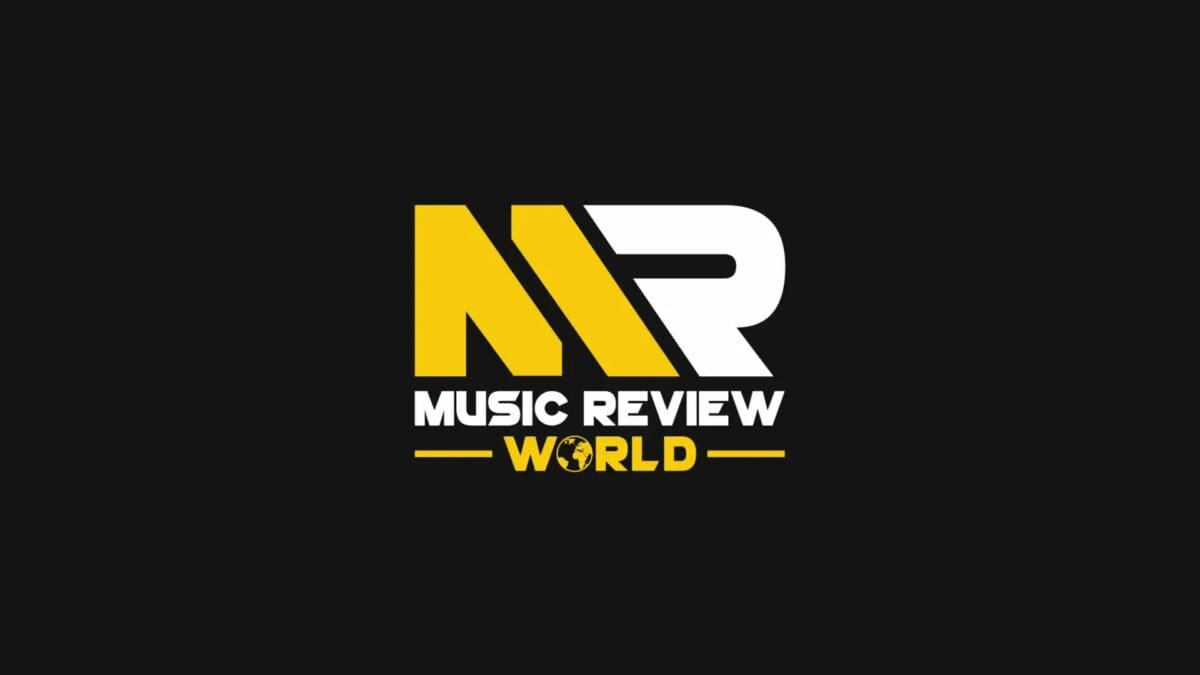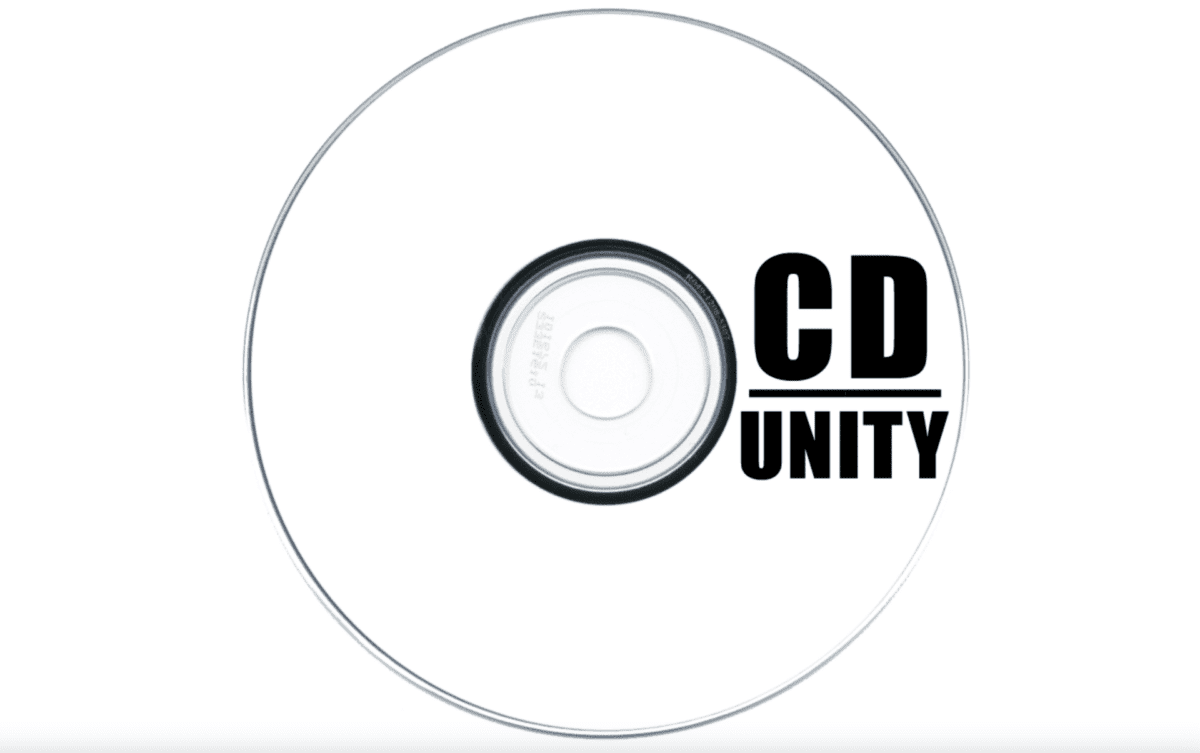A musical score is an important part of any musical performance. It is a written representation of the music that will be performed, providing a guide for the performers and giving the audience an idea of what to expect.
This article will provide an overview of what a musical score is, how it is used, and why it is an essential part of any musical performance.
Overview
A musical score is a written representation of a musical composition. It is typically written in a standard form of notation, which includes a series of lines and symbols that represent the pitches, rhythms, and other elements of the composition. The score is the primary source of information for musicians performing the composition, and can also be used as a reference for the composer when making changes or revisions.
The musical score is divided into two main components: the staff and the clef. The staff is a set of five parallel lines that represent the pitch of the notes in the composition. Each line and space between the lines is assigned a specific pitch. The clef is a symbol placed at the beginning of each staff that indicates the pitch of the notes. There are several different clefs, including the treble clef, bass clef, and alto clef.
In addition to the staff and clef, the musical score also includes other symbols and markings that provide information about the composition. These include tempo markings, which indicate the speed or tempo of the music; dynamics markings, which indicate the relative loudness or softness of the notes; and articulation markings, which indicate how the notes should be played.
The musical score also includes instructions for the performers, such as the key signature, which indicates the key of the composition; the time signature, which indicates the meter of the composition; and the key signature, which indicates the tonality of the composition. Additionally, the score may contain chords and other harmonic information, as well as instructions for improvisation.
It is an essential tool for musicians, composers, and arrangers. It provides a clear representation of the composition and serves as a reference for the performers. It is also a valuable tool for the composer, allowing them to make changes and revisions to the composition without having to rewrite the entire score.
When is it used?
A musical score is used to notate the music of a song, including the melody, harmony, and rhythm. It is used by musicians to understand how to play a song and by composers to communicate their musical ideas. A musical score is typically written in standard musical notation and includes the notes, chords, and other musical elements that make up a song.
Why is a musical score an essential part of music?
A musical score is an essential part of music because it provides a visual representation of the music that can be used to teach, learn, and perform the music. It includes all the instructions and information necessary to play the music correctly, such as the notes, rhythms, dynamics, and tempo. It also serves as a reference for the musician, allowing them to quickly refer back to the score while they are playing.
Summary
In conclusion, a musical score is a written representation of a musical composition. It consists of a staff, clef, and other symbols and markings that provide information about the composition. It is an essential tool for musicians, composers, and arrangers, and provides a clear representation of the composition that can be used as a reference for the performers and the composer.












